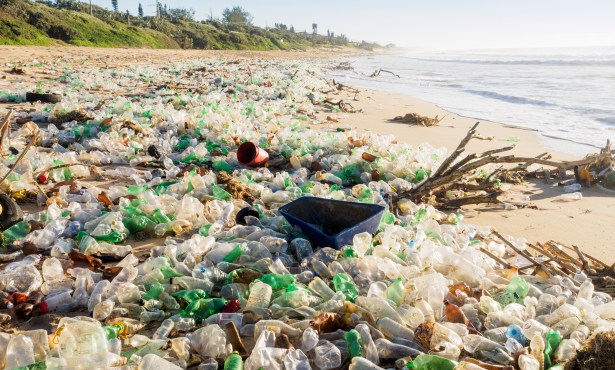Values Trump Cash Incentives as Inducement to Environmental Action
Tapping into Values Produces Stronger, Deeper, and More Prolonged Environmental Action than Monetary Payments

My last article focused on Costa Rica’s highly successful forest protection and ecosystem restoration program. Its remarkable achievement is attributed to placing a monetary value on the services received from the natural world.
In recent years, there is increasing use of cash incentives in policies aimed at ending ecological degradation. Most research by behavioral economists, however, cautions against this approach or at least urges its use in combination with social and moral incentives. Michael Sandel, in his publication What Money Can’t Buy: The Moral Limits of Markets, demonstrates that markets aren’t neutral: They always touch, and frequently taint, the processes they are trying to influence.
Merely mentioning market roles can push aside our intrinsic motivations. An online survey asked participants to think of themselves as one of four households sharing a well and facing a drought-induced water shortage. Half were described as “consumers,” the other half as “individuals.” Those referred to as consumers reported feeling less responsibility to take action and less trust that others would take action than did those labeled individuals. Simply thinking like a consumer triggers self-centered behavior and divides rather than unites groups facing a common challenge.
Get the top stories in your inbox by signing up for our daily newsletter, Indy Today.
Much other research into the use of valuations, prices, payments, and markets to shape people’s ecological behavior has produced similar findings. The most comprehensive survey of research into the impacts of payments to promote ecological well-being — whether to collect more litter, plant more trees, harvest less timber, or catch fewer fish — found that most schemes were unintentionally diminishing people’s intrinsic inclination to act — their pride in cultural heritage, their respect for the living world, and their trust in community.
Nudging and networking can often change behavior for little cost by tapping into norms and values — such as duty, respect, and caring. For example, the young Pakistani education activist Malala Yousafzai, because of her courageous stance, inspired millions of girls worldwide to demand and cherish their right to an education. Greta Thunberg has similarly motivated millions of young people to take bold action for climate change.
Technology can be employed to give nudges: Nest thermostats, which incorporate behavioral feedback, prod people to accept slightly lower heating settings and marginally higher cooling settings. Simple timers can remind us to reduce the length of our showers; motion-activated lights can encourage us to turn out lights when not needed. Painted green footprints leading to recycling and trash bins in Copenhagen led to big reductions in littering and big increases in recycling.
When self-transcending values and intrinsic motivations are tapped into to address our big environmental challenges, engagement is stronger and deeper and commitment is more prolonged. If monetary incentives are used, their effectiveness is magnified when also calling on individual and community norms and values.
Every day, the staff of the Santa Barbara Independent works hard to sort out truth from rumor and keep you informed of what’s happening across the entire Santa Barbara community. Now there’s a way to directly enable these efforts. Support the Independent by making a direct contribution or with a subscription to Indy+.



